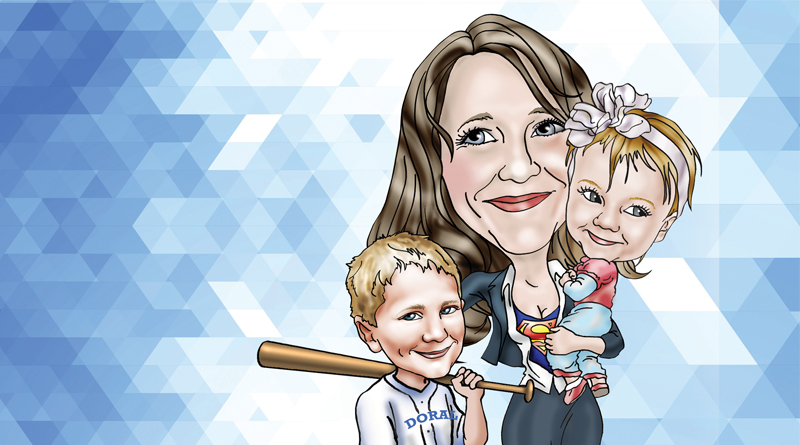Being a Mother Today: A Constant Challenge
The Job That Never Ends
By: Maria Alejandra Pulgar
A tribute or gift is never enough for Mother’s Day, and if we ask any mother they will always say that, instead of flowers, cards or gifts, their greatest wish is for their children to have a healthy and happy life.
The challenges of motherhood begin from the moment a woman decides to bring a child into the world, and continue throughout her life. No matter how old her children are, the work and concern for their well-being never ends.
There are mothers in the world nowadays facing extreme circumstances, like crossing a country at war, risking their lives to rescue their children, or confronting the problems caused by the pandemic at all levels. Having support while raising their children has become an advantage that not all mothers have enjoyed, especially those who have migrated to other countries and have had to reinvent themselves in order to care for their children and provide for their families.
A group of mothers from Doral shared their opinions about the different stages they are in their motherhood experience. From those with babies to those with grandchildren, the challenges are similar for all: the need for a “tribe” to accompany them in the process of raising their family; how to find personal time and balance work and family; and how control as much as possible the external factors that influence their children, from social conditions to technology and other elements that surround them.
What are the biggest challenges?
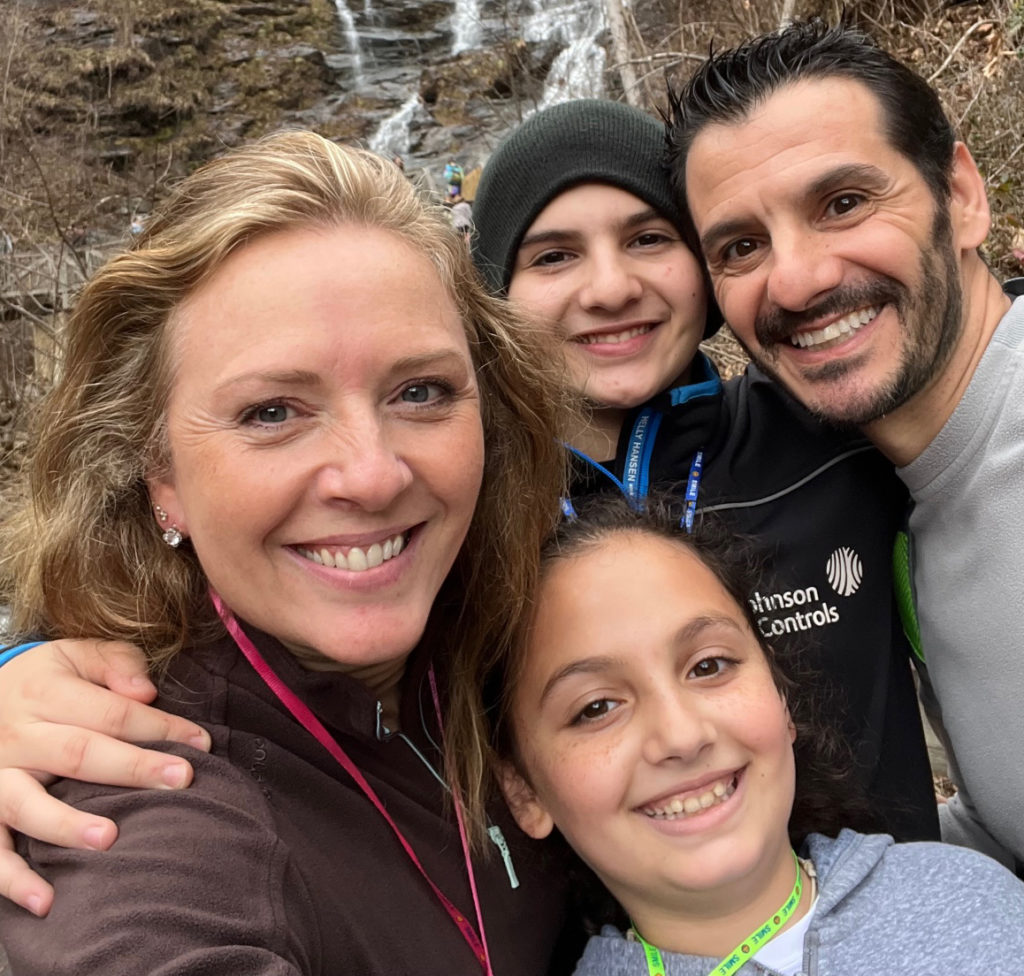
“Raising a child is a challenge, since the beginning! You go from learning the reason of his crying to how to handle their tantrum” says Alessandra Saligoi in retrospect, since her children are already 12 and 9 years old.

This learning process has been a challenge for Jessica Dos Santos, mother of 14-month-old Pía, who comments that her greatest challenge has been “facing my own fears and insecurities, but little by little it is something that disappears, and you gain more confidence in yourself as a mother and your abilities; you learn to know your baby”.
“For me, at all the stages there have been learning, knowing, accepting, […] each thing has been new to me, but I think that as they grow, the challenges become greater,” says Keith Rueda, who already has a son in college and a daughter in high school.

“A mom’s work never ends; even if they are away from home, [our children] are always in our minds and hearts and although daily tasks are reduced, we continue with the work of praying for them, listening to them, always being there for them.”

Stefanía Gutierrez has two children aged 4 and 7. For her, “the physical and mental fatigue are one of the main challenges of motherhood; sleep deprivation during the first days of having the baby, combined with the routine and constant attention, leave the body overloaded and the mind overwhelmed with so many pending issues.”

When the age difference between the children is large, the challenges get more complicated. This is how María Paula Gasparotti explains it: “My greatest difficulty in raising my children was the organization of our lives as a family. Organizing schedules for each person in the family with different ages and different needs. My children are 10 years apart.”
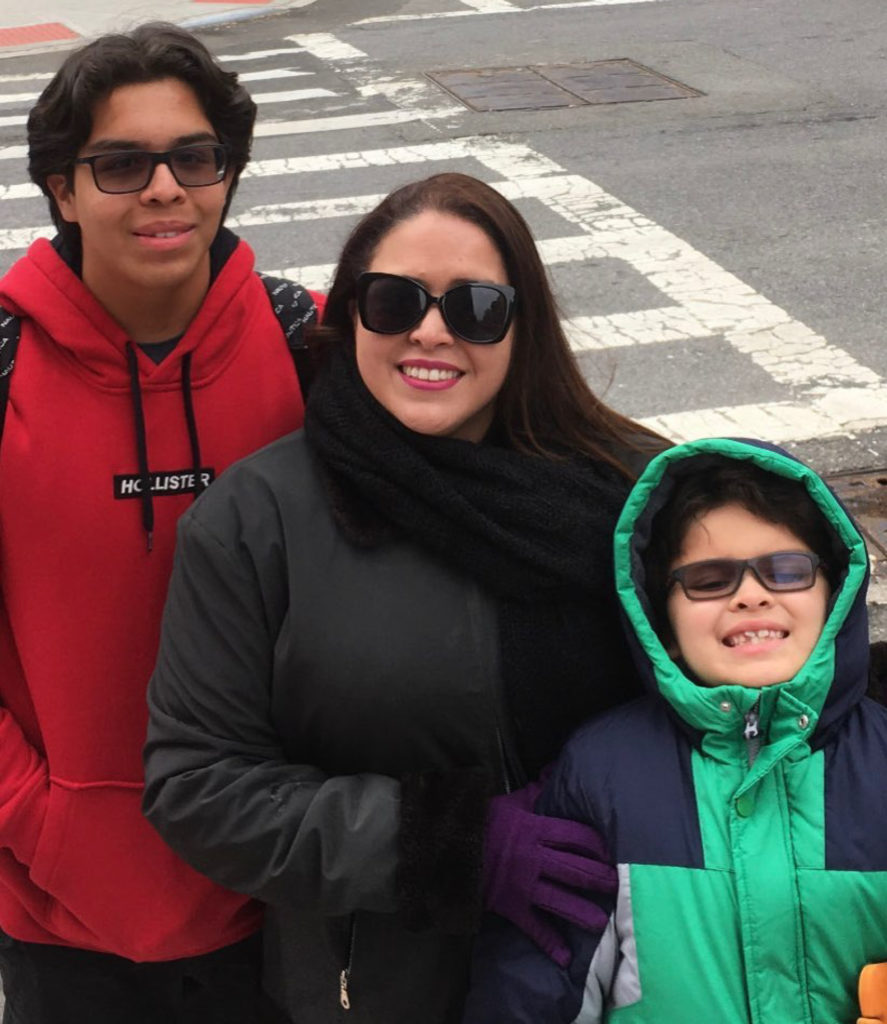
On the other hand, not having a partner to share the daily responsibility of the children has additional challenges for other mothers. After her divorce, when her children were still very young, Alexandra Quiñones took on her new status as a single mother with strength, dedication, and, above all, great faith, to provide them with a solid education of respect and values “a daily challenge I assume, setting an example for them”.
“One of my biggest challenges at all stages has been to keep them emotionally healthy, to make them happy and grateful for what they have, to be united; that they know that they can get the best of themselves despite the difficulties. That they are self-sufficient and responsible for their decisions and consequences”, Alexandra commented with satisfaction, since her children, already teenagers, are very formal and dedicated.
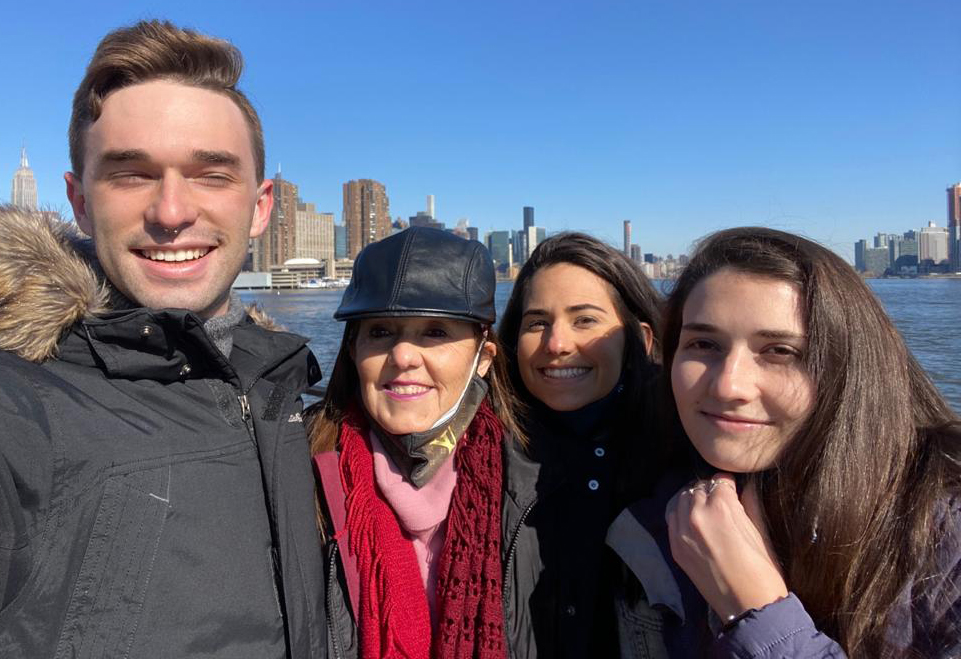
When children grow up and leave an “empty nest” the challenges are different. Flor Casañas and her family were preparing for that moment by supporting her children “in their college years, as young adults to make them feel that, although far away, I was there for them at all times. Helping them start an independent life, biting the bullet of the physical separation that comes with it. Right now my biggest challenge I think is to understand that they are already responsible adults, respecting their lives and choices; making them understand that I am there for them at all times, but without directly interfering in their lives.”
Being a Modern Mom, is it easier now than before?
Practically all the mothers interviewed felt that it is now more difficult to be a mother, despite the large number of resources available at all levels or, perhaps, precisely because of them.

“We are experiencing a stage of increased violence that is also reflected in schools and is intensified through social networks that put pressure on our children, coupled with the proliferation of drugs. Today’s women have to deal with the need to contribute financially to the home, carry out household chores and improve the quality of time dedicated to their children, which is essential to face these challenges that are increasing,” says Josefa Jiménez, Grandmother Pepita, who at her 90 years of age continues to actively support and accompany her daughter and grandchildren with her intelligence, joy and advice.

Maria Antonieta Ceccarelli, the mother of Manuel who is 6 years old, thinks that there are too many external influences on children and currently “we live in a world of appearances […] Sometimes I feel that as a mother I lose ground in raising my son, because sometimes what is correct is not what is fashionable, what some believe it should be, and they do not give you an option; hence the importance of raising self-confident children with strong values”.
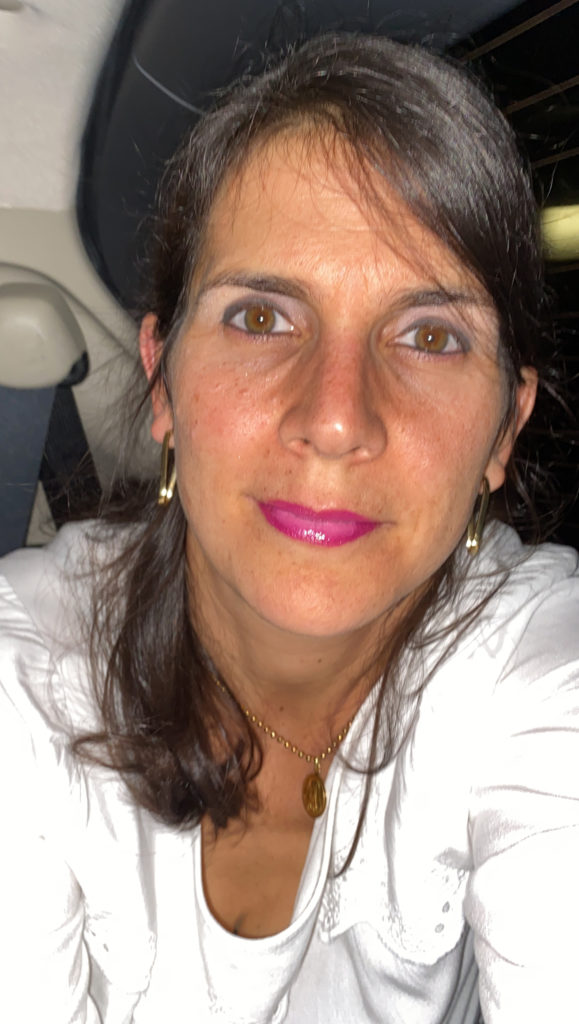
On the other hand, Caterina Rinaldi, mother of four children between 16 and 2 years old, believes that today’s society “makes parenting more difficult and therefore the role of mothers is uphill” because there are cases in which the focus is put only on “the needs of children, to the point that mothers are abused in different scenarios”.

Ámbar Ibáñez, mother of two teenagers, thinks that excessive access to all kinds of information and behavior on social networks complicates parenting today: “Nowadays, it is very difficult to prevent our children to be influenced by bad people, as our children will still have contact with them through their phones.”
However, two of the mothers interviewed had a more optimistic point of view: “On the other side of the coin there is a society that still believes in principles” says Jessica Dos Santos. And for Stefanía Gutiérrez, the possibility of having technology to facilitate many activities at home and at work, in addition to the greater involvement of the partner in raising children, helps mothers not having to be as “superwoman” as before.
A “tribe of mommies” is vital
All the mothers agreed that the experience of migrating to other countries or cities has made it difficult for them to have an external support network, in addition to the support they receive from their partners and other relatives closer to them. Many have found external help through different means, whether using social networks or joining different activities with their children.
Women are tribal by nature, and motherhood increases the need to build a community with whom to raise their children. Jéssica Dos Santos describes it as “It is vital for a mother to have her tribe of mommies”.
“The exercise of motherhood is the most complex but at the same time the most rewarding work that a woman can have,” Grandmother Pepita Jiménez concluded, summarizing the feelings of all the participants in the interview.
To all those wonderful women we send our love and admiration, on this day and always.

